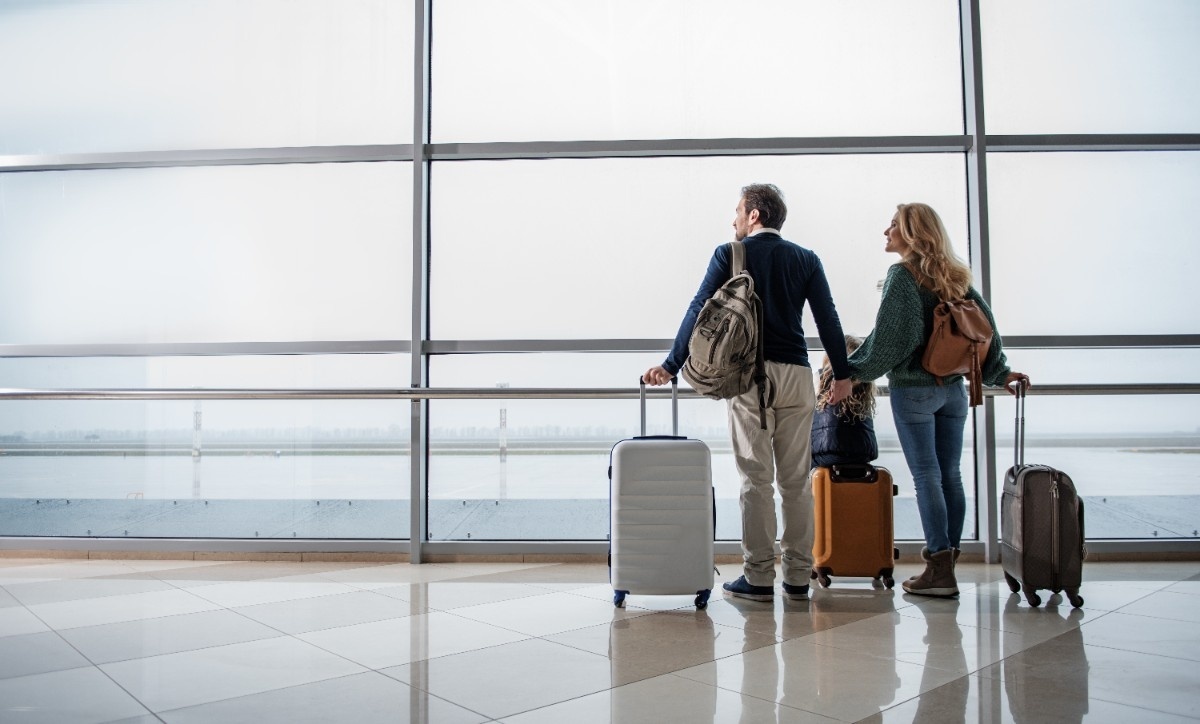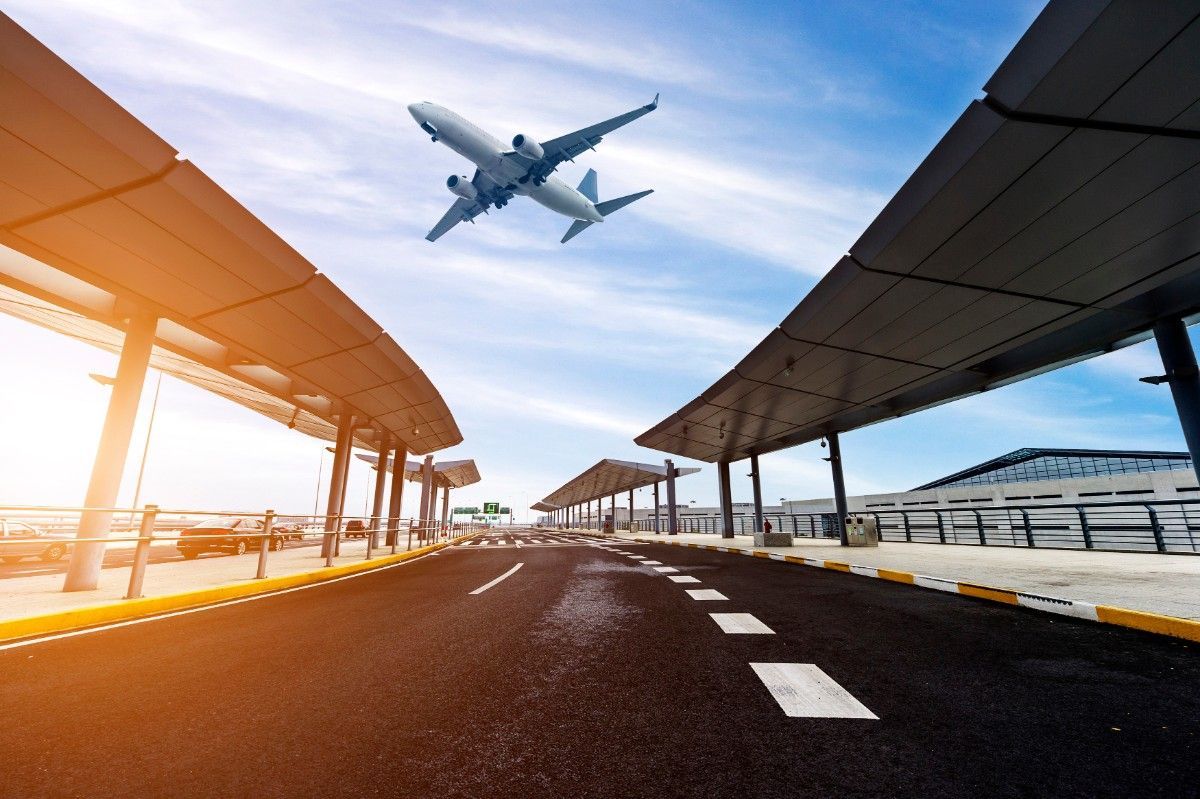The nostalgic charm of Solari Boards

In the fast-paced world of modern air travel, where digital screens and high-tech displays dominate the landscape, there's a nostalgic charm associated with the distinctive clicking and flipping sounds of the Solari board. These split-flap airport displays have a rich history, evolving alongside the aviation industry to become iconic symbols of terminals worldwide.
The invention of the Solari Board
The story of the Solari board begins in the 1950s when Italian inventor and entrepreneur, Remigio Solari, introduced this innovative departure board. Designed to display flight information using a series of rotating flaps, the Solari board quickly gained popularity for its clear visibility and unique auditory appeal. The characteristic sound of flaps flipping to reveal updated information became synonymous with the anticipation of travel.
The analog elegance
While the digital era has ushered in sleek and efficient electronic displays, the analog elegance of Solari boards continues to captivate travelers. The tactile experience of watching each flap rotate and fall into place adds a human touch to the often impersonal airport environment. It's a reminder of a bygone era when air travel was a more luxurious and leisurely affair.
Evolution in airports
As airports around the world embraced technological advancements, many phased out Solari boards in favor of modern digital displays. However, some airports chose to preserve these iconic boards as a nod to their historical significance. The click-clack sound of the flaps, coupled with the visual spectacle of information unfolding, creates a unique atmosphere that resonates with both seasoned travelers and those experiencing it for the first time.
Solari Boards in popular culture
Beyond their functionality, Solari boards have left an indelible mark on popular culture. Featured in numerous films and television shows, these boards are often depicted as symbols of departure and arrival, adding a touch of romance and excitement to cinematic scenes set in airports. The nostalgic allure of Solari boards has transcended their utilitarian purpose, becoming cultural artifacts that evoke a sense of adventure and exploration.
Preserving tradition
Despite the widespread adoption of digital technology, some airports recognize the value of preserving tradition. Solari boards are not merely relics of the past but living pieces of history that connect generations of travelers. In an era dominated by rapid technological advancements, the decision to retain Solari boards is a deliberate choice to honor the roots of air travel.
The endangered species
While some airports proudly showcase Solari boards as cherished relics, others face the challenge of maintaining and repairing these aging mechanical marvels. The scarcity of spare parts and the expertise required to keep them operational pose a significant threat to the survival of Solari boards in many airports. As technology continues to advance, the fate of these analog gems hangs in the balance.
In the ever-evolving landscape of aviation, the Solari board stands as a testament to the enduring romance of air travel. Its distinct sound and visual appeal have become synonymous with the excitement and anticipation that airports evoke. Whether preserved as a historical artifact or showcased as a functional display, the Solari board remains a captivating symbol of a bygone era, adding a touch of timeless elegance to the modern airport experience.
Latest posts
Could a flight delay cost you your job or career?
Flight delays are not just annoying they can derail careers. See how missed connections impact professional lives.
Can you sue the weather? Legal limits of delay claims
Weather delays frustrate travellers, but can you claim compensation? Exploring legal grey areas in flight disruptions.
Can AI be fair in deciding passenger refunds?
Airlines are using AI to decide flight compensation, can algorithms be trusted to treat passengers fairly?












